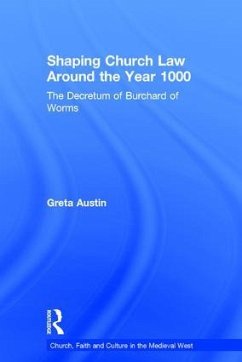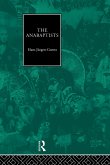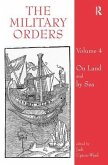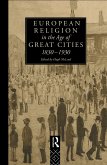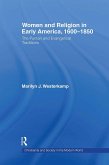This study of Burchard's 'Decretum', a popular book of Catholic canon law compiled just after the year 1000, sheds new light on the development of law and theology long before the Gregorian Reform, normally considered as a watershed in the history of the Latin Church. Practical episcopal concerns and an appreciation of new scholarly methods led Burchard to be dissatisfied with the quality of contemporary jurisprudence and particularly with the teaching texts available to local bishops. Drawing upon new manuscript discoveries, the author shows how Burchard tried to create a new text that would address these problems. He carefully selected and compiled canons from earlier collections and then went on to tamper systematically with the texts he had chosen. By doing so, he created a book of church law that appeared to be based on indisputable authority, that was internally consistent and that was easy to apply through logical extrapolation to new cases. The present study thus provides a window into the development of legal and theological reasoning in the medieval West, and suggests that, thanks to the work of ambitious bishops, the flowering of law and theology began far earlier, and for different reasons, than scholars have heretofore supposed.
Hinweis: Dieser Artikel kann nur an eine deutsche Lieferadresse ausgeliefert werden.
Hinweis: Dieser Artikel kann nur an eine deutsche Lieferadresse ausgeliefert werden.

